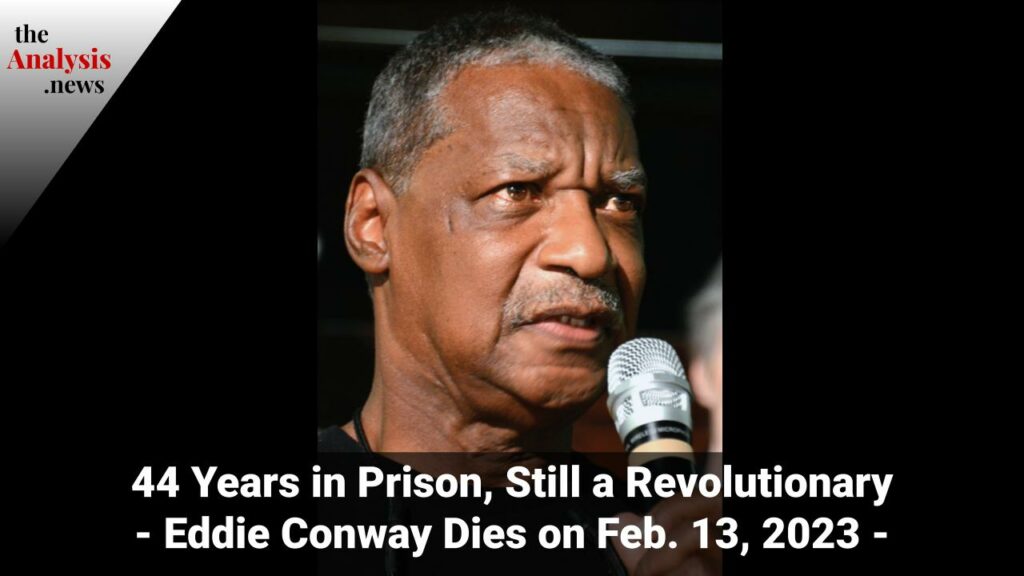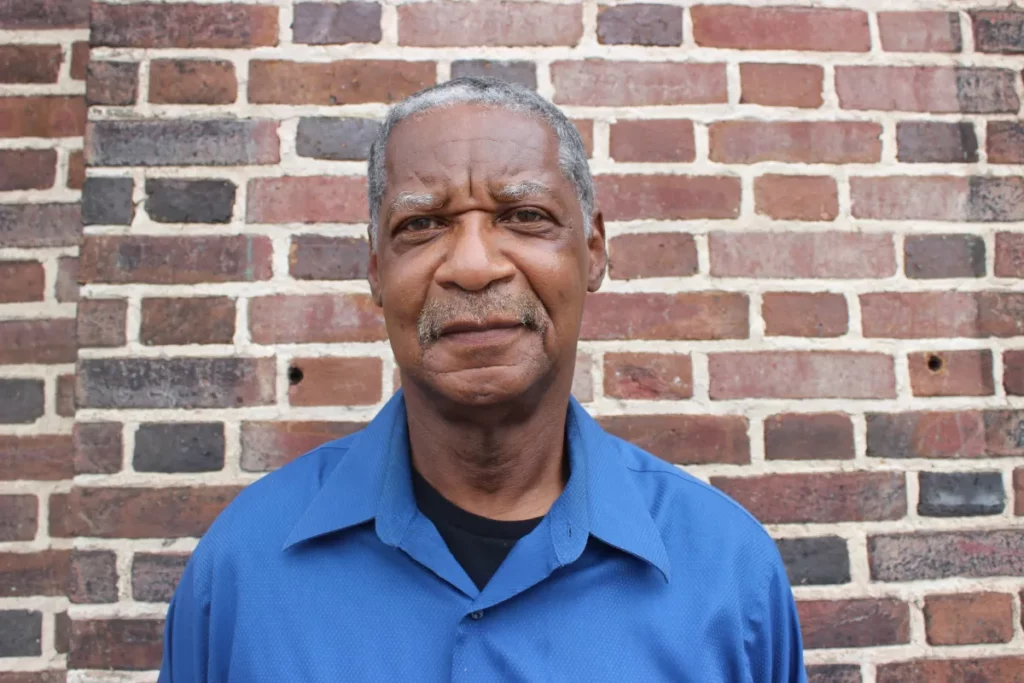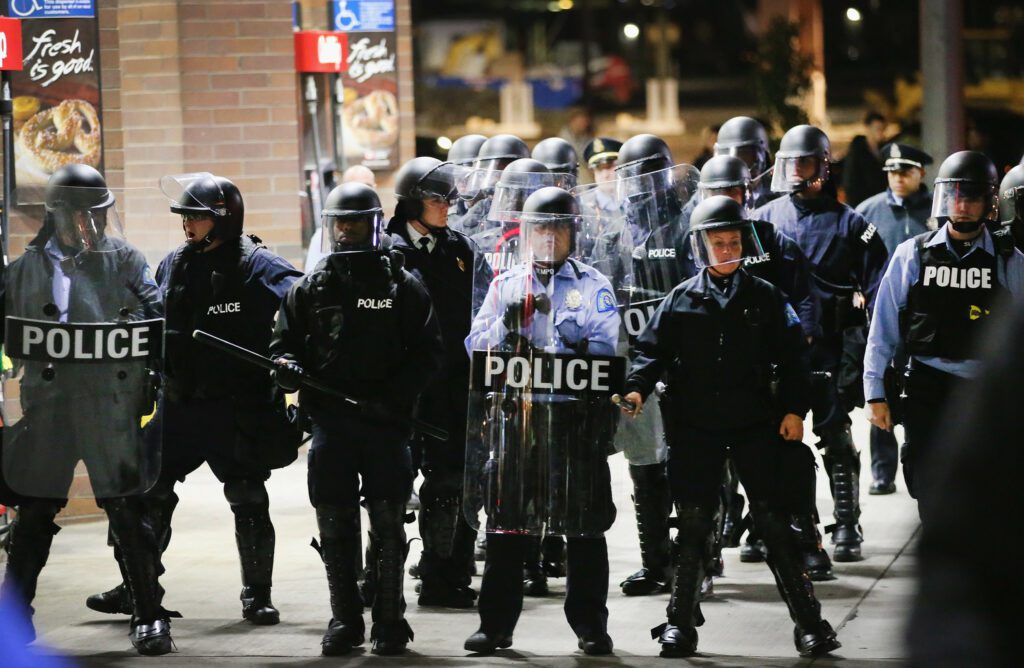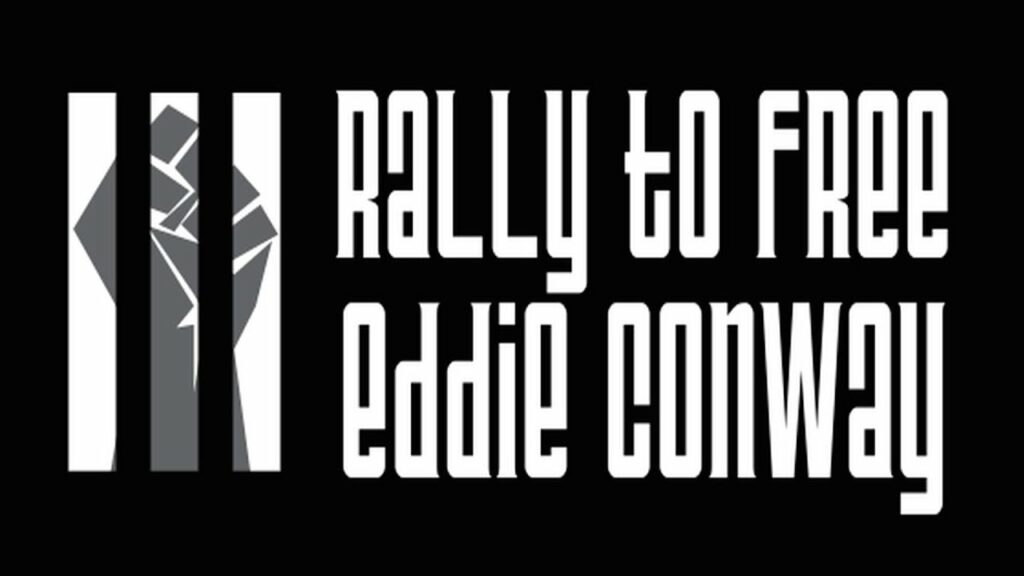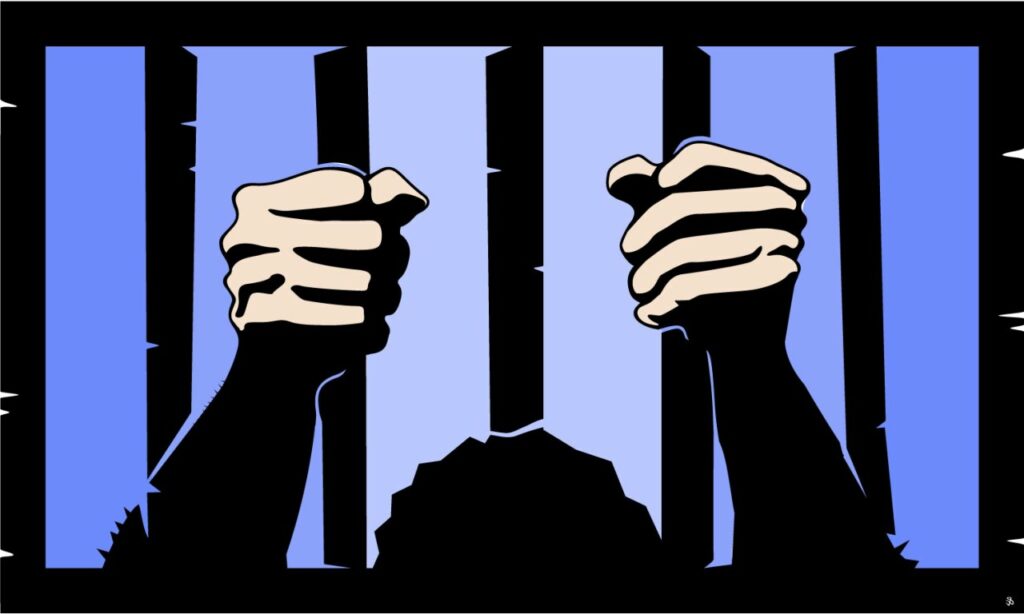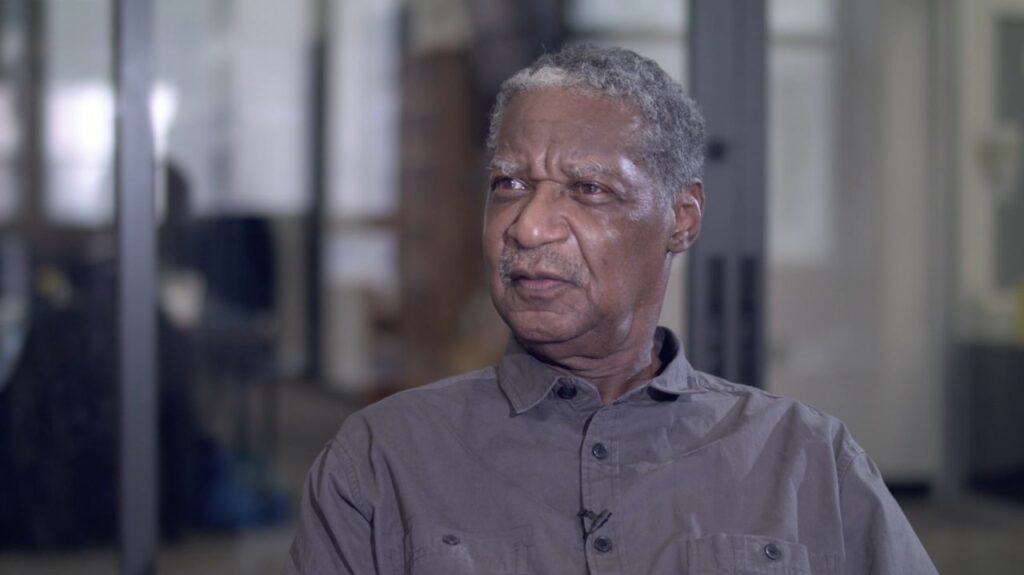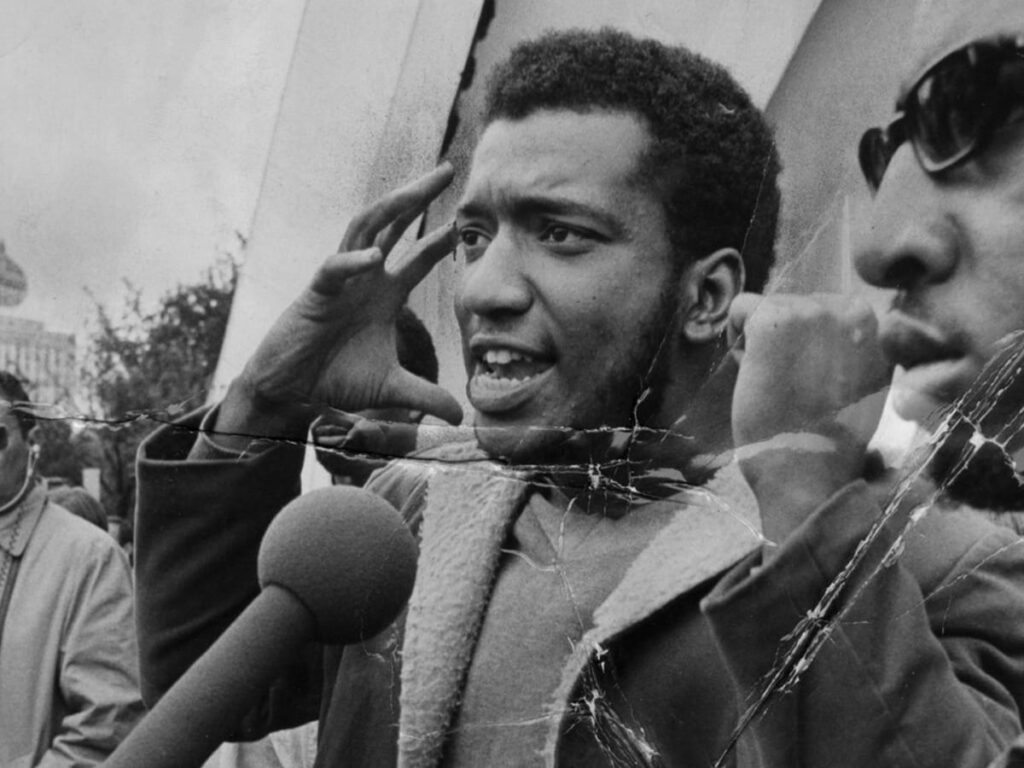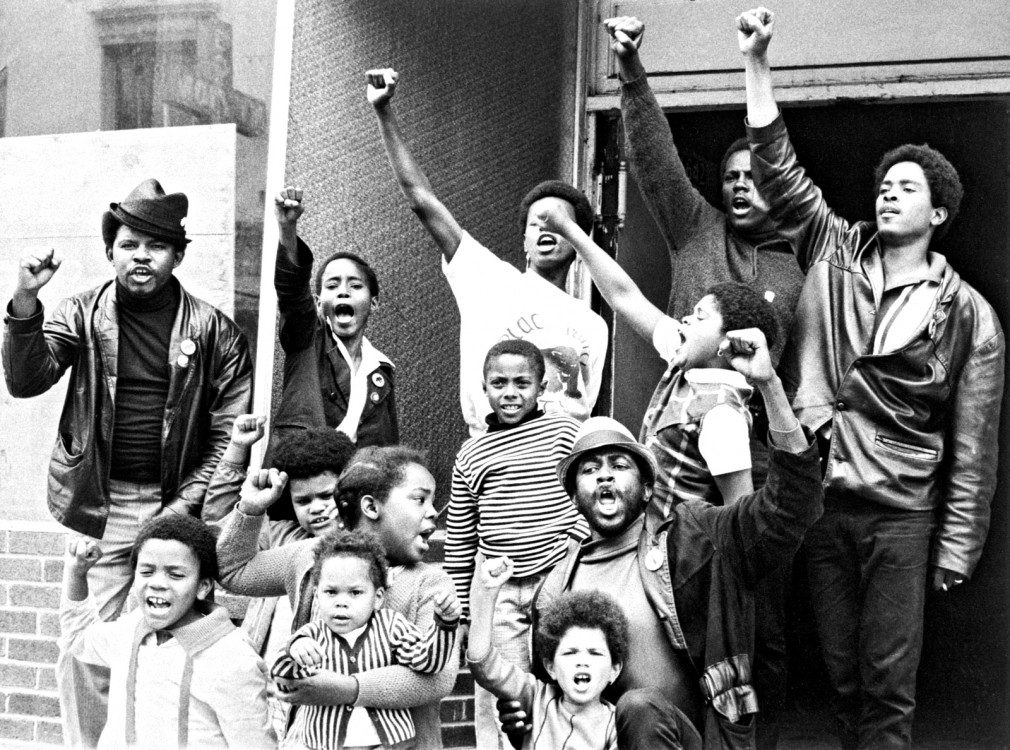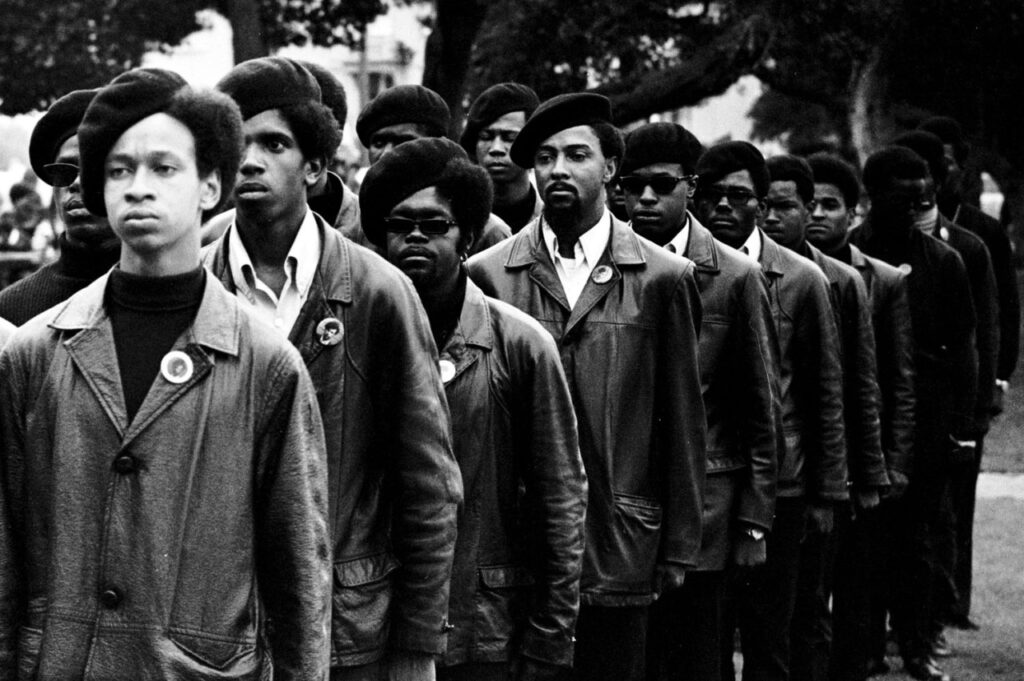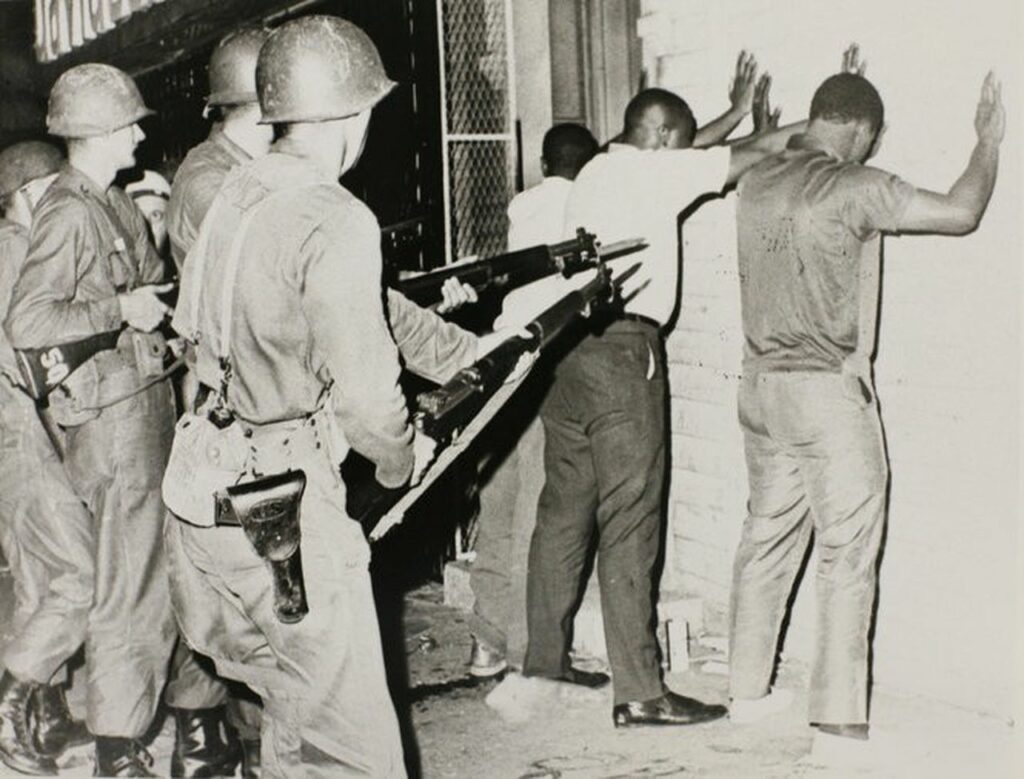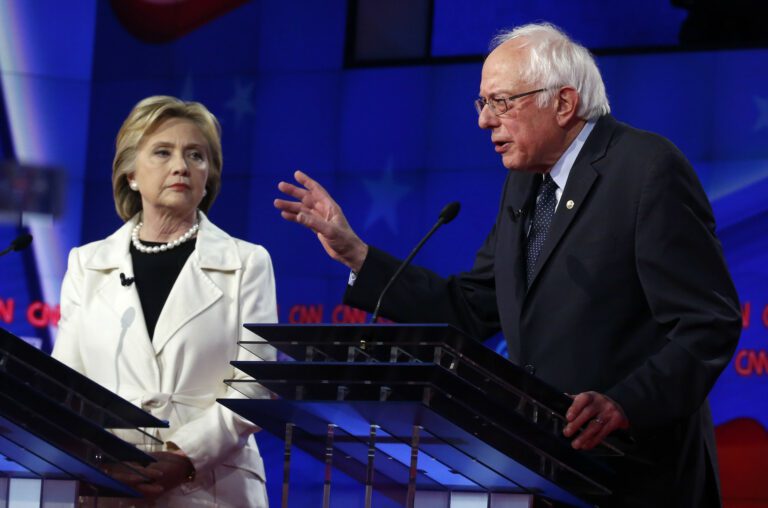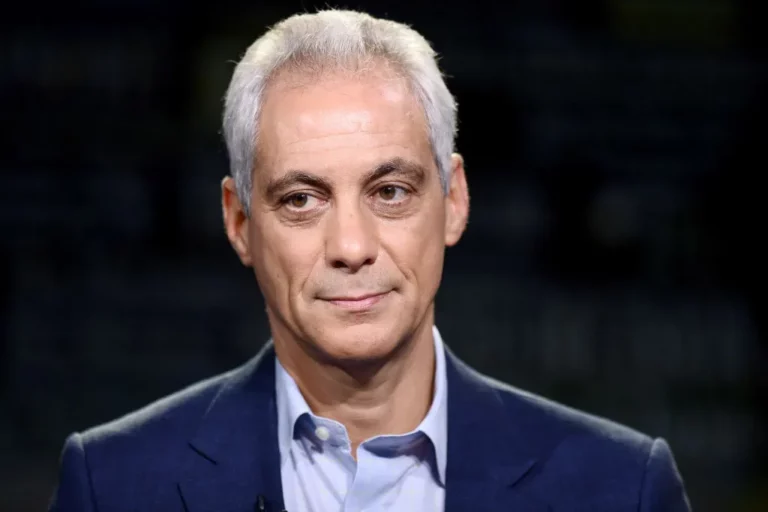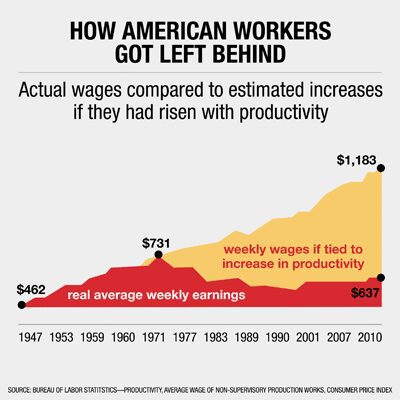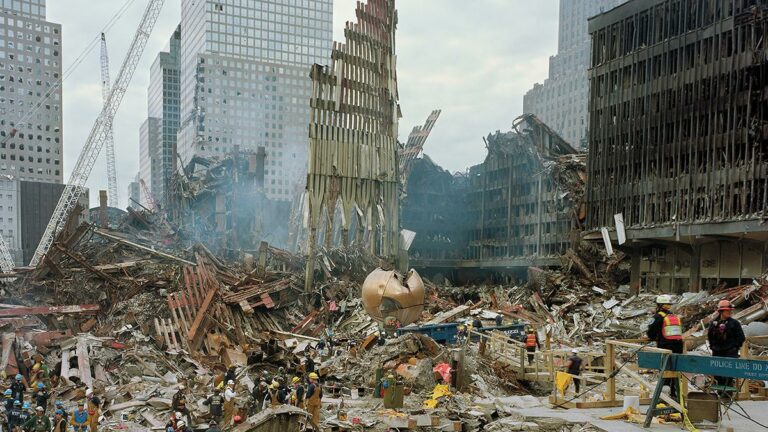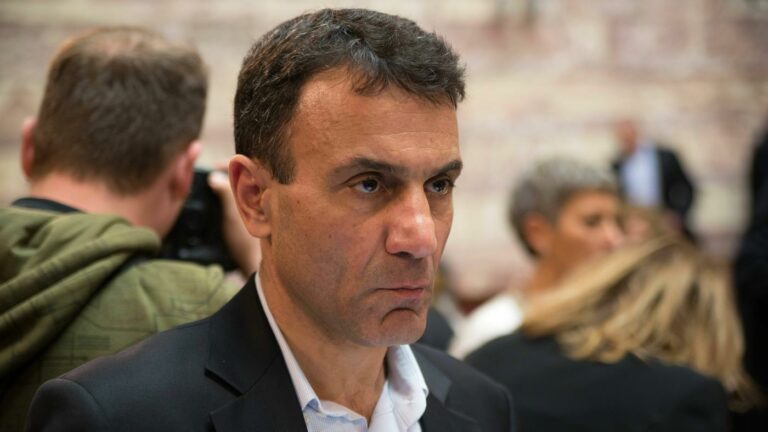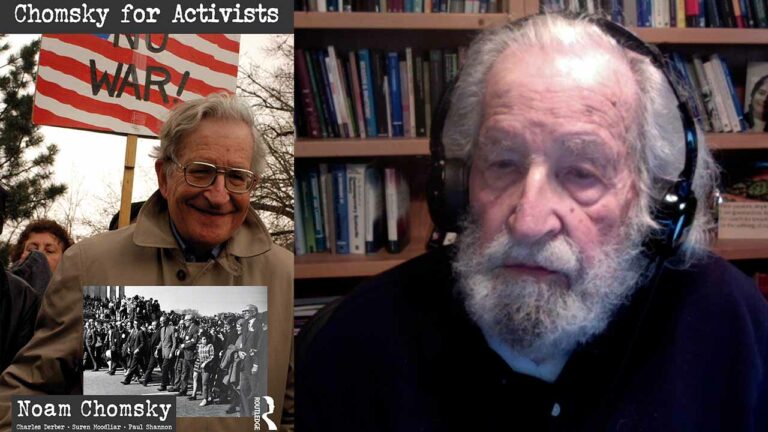Mr. Conway says that after 44 years in prison, he found the conditions in Baltimore worse than when he went in. This is an episode of Reality Asserts Itself produced on November 28, 2014.
PAUL JAY, SENIOR EDITOR, TRNN: Welcome to The Real News Network. I’m Paul Jay. And welcome back to Reality Asserts Itself.
We’re continuing our series of interviews with Eddie Conway. He’s the author of the book Marshall Law: The Life & Times of a Baltimore Black Panther. He’s an activist. He’s been an organizer his whole life. And he’s now a producer at The Real News Network.
Thanks for joining us.
EDDIE CONWAY, FMR. BLACK PANTHER, BALTIMORE CHAPTER: Okay. Thanks for having me.
JAY: So that’s my question. You’re out of jail about six months, and you started working with The Real News Network. Why?
CONWAY: Well, one of the things that happened in the prison system itself was that we got an avalanche of negative news about the community. It’s always somebody being shot, somebody being killed. The news was not only depressing, but it was desensitizing.
And so a lot of people that were reading and studying and whatnot started watching, like, Russian TV or started watching, like, Al Jazeera or the Chinese news to find out what was going on in America. The American–the multinational corporations in America that owns, like, 85 percent–six corporations own 85 percent of the news media here, has a format that allows them to present black people and poor people in a negative light. And they also present the elite in a positive light. So, in prison, watching outside looking in to see what was going on in America was what we did.
And eventually I stumbled across–came down to do an interview with The Real News, and in the process learned about The Real News and the kind of work they were doing in terms of actually telling the stories about people in the community and people across the country in a real kind of way. And it was kind of, like, the first time I have actually came in contact with a news media that was talking about what the problem really was in terms of the economics, in terms of the need to organize on the ground, in terms of understanding the history of the environment movement and so on.
And so I volunteered to work and do whatever I could, because I seen that as a very positive entity in America. And it was needed. We had moved past the stage of Black Panther Party papers or political papers. The whole paper thing was going. And today is, like, the electronic media. That’s the way in which you reach a lot of people and you educate a lot of people.
But also what impressed me is when I start talking about The Real News everywhere I go around the country, there’s always people in the audience that says, I watch this, I watch that. So it actually represent a new step forward in terms of us gaining our humanity, and also in terms of us getting our stories out. And I wanted to be a part of it. And so I hung around. And then eventually you said, okay, you can work here and you can help make this a reality for people across the country.
JAY: What do you think are the main challenges of The Real News in Baltimore?
CONWAY: Well, the main challenges in Baltimore for The Real News is actually reaching people and letting them know that it’s an authentic voice. There’s high suspicions of all media in Baltimore because it’s always negative coverage. You turn on 45, it’s this horrible coverage of the black community. You turn on 11 or 13 or 2 and it may not always be horrible coverage, but there’s an absence thereof.
So I think the challenge here in Baltimore for The Real News is to let people know and understand that this is a media that’s in their interests, that’s working to tell their stories. And grudgingly, little by little, they will come and get involved and engaged. And to the degree–and this is something I’ve discovered–any and every time somebody came in contact with The Real News, they became an avid supporter of The Real News. And once they go and look at it on the internet or look at it in Comcast, etc., and then they start actually looking at the other stories, it builds a support base.
But there’s still that suspicion, there’s still ideological differences about what a news media should be doing. But the fact of the matter is that this media is doing those things right now that other people envisioned that could happen in the future.
So I think it’s a slow process, but winning the hearts and minds of the citizens here is a real possibility.
JAY: We had a big town hall the other night. What do you think was the significance of it and what did you make of it? This was a town hall about–we did a town hall on should the Baltimore community control the police. It was sort of a debate about a civilian review board with real power.
CONWAY: Well, I think the–you know, people have been crying out and people have been looking at the amount of violence that’s been perpetrated on the community by police and other forces, whether security guards and whatnot. There’s always been a outcry and there’s always been what can we do about it. I think one of the things that town hall meeting did was it afforded people an opportunity to have that discussion about how do we make the servants of the people actually serve the people and not abuse the people.
And, I think, out of that discussion, people left it with ties, networking, and left it with a thirst to figure out what’s the next stage. In community centers and other places, it’s always kind of, like, top-down kind of discussions about what we’re doing and how we’re doing it in your interests and do you want–and this is something I hear all the time, I actually heard you say–do you want the hammer or do you want the flower? And, of course, people are living in dire situations and they are concerned about their welfare, safety, and children and whatnot. So, for the most part, if somebody’s going to come and save you or rescue you or protect you, you’re going to go with that process.
But what people–and I think this is what the town hall meeting did with what people realize in the discussion in the town hall is a lot of times you call people in to help you, and you end up losing the life of a loved one or end up losing the life of a family member because the situation is contained all too many times with the death of somebody, whether they were having a mental episode and so on, right? So I think the town hall meeting in and of itself is a good step forward and it needs to be followed up.
JAY: This series of interviews was mostly your personal story. And if you go back and start at the beginning–.
If you haven’t watched them, you really should, ’cause it’s a sensational story.
So let’s kind of end up on something personal. After 44 years in jail, one would think you were entitled to and might want to kind of take it easy. You didn’t stop. I mean, I don’t think you were out a few days before you were organizing. And I know seeing you at The Real News, it’s–you don’t just produce at The Real News. I mean, today you’re going and doing a food handout program at one of the poorest housing projects in the city. You’re working as a volunteer on a school, where you’re helping build a library. I mean, you don’t stop for a second here. I mean, after 44 years, didn’t you deserve a break?
CONWAY: Yeah, you deserve a break, but the reality is that you want to–everybody has a responsibility to try to make their community better. And one of the things that I found even when I went in the prison was there’s an enormous amount of people that had an interest in improving the conditions in the prison system. And when I got out, I looked at the conditions, and they were worse than when I went in. And then, as I started talking to people, I realized that there’s an enormous amount of people that want to change the conditions and improve the conditions in the community. A lot of them don’t know what to do or how to do it, but the desire to make changes is there, especially among the younger generation now, 25 and under. I’m surprised and impressed.
And just for one point: we put out a call less than a month ago to get food to pass out, and there’s so much food, I’m still trying to figure out how to get it all together to give it out. And that’s just from people in the community, young and old and so on.
JAY: Okay. We’re going to be starting a new show in the next few weeks called Baltimore Raw with Eddie Conway. What do you hope to accomplish with the show?
CONWAY: Well, my main objective is to start telling some of the stories in the community about things that affect the community–white community, black community, poor community, middle-class, working community. I want to be able to show what is going on in the community, that part of the news that you don’t get from the other medias. And I want to be able to allow people to understand that it’s not a hopeless situation and that the apathy is just something that’s projected through the media. There’s, like, pockets of resistance in thousands and thousands of areas in the city where people are doing things, but they’re not getting publicized, it’s not being reported, and so they tend to feel a lot of times like they’re just isolated. They’re doing whatever they could do, but there’s no real hope for us to change the community and to even take power in the community in a way that would be beneficial to the people on the ground as opposed to the elite.
JAY: Okay. Thanks for joining us.
CONWAY: Okay. Thank you.
JAY: And thank you for joining us on Reality Asserts Itself on The Real News Network.
Never miss another story
Subscribe to theAnalysis.news – Newsletter
“Marshall “Eddie” Conway was an American black nationalist who was a leading member of the Baltimore chapter of the Black Panther Party who in 1971 was convicted of murder of a police officer a year earlier, in a trial with many irregularities.”

